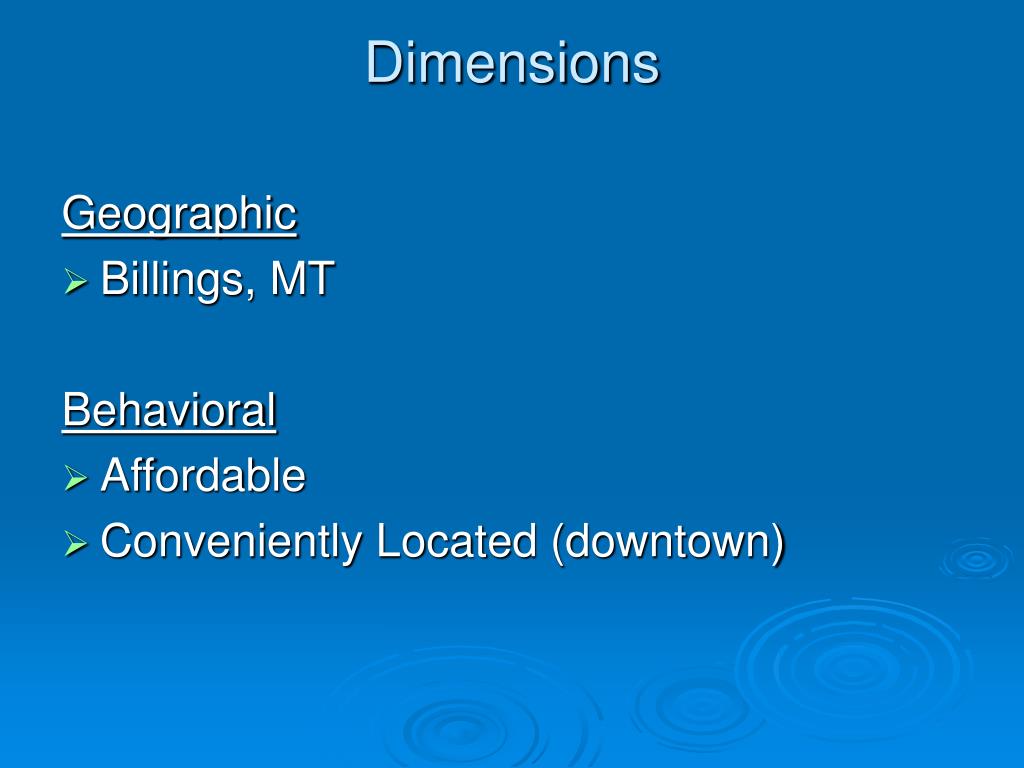

The third field contains the Id of the source (the dictionary from which the definition has been extracted). The first is the (unique) Id for each record (each lexical definition). I will call it also the “definition number”. In databases these unique numbers are very important when you have to make correlations among tables.
#Dex online com series#
The basic structures that we find in the SQL dump are a series of tables. Each table has fields (the columns, if you like this way of talking) and records (rows with values for each field). Now, these tables could be extracted and arranged in the CSV format. Basically a CSV file is a text file in which each row is a record from the table. The values are separated by commas (hence the name C(comma)S(eparated)V(values)).īy all means, the most interesting table is the table which contains the lexical definitions. It has eleven fields. I will describe briefly some of the fields. The SQL dump is from MySQL. How can you however bypass MySQL? The idea in these experiments is to treat the SQL dump as a huge text file. It is shown how one can extract a source for the StarDict toolchain.
#Dex online com install#
You can install the software machinery for searches and other operations with the database on your local computer. You may read more about the DEX online code on the DEX online site. The database that I have used (at the beginning of 2010) is quite large. When you unarchive it you get a rather large file of over 384 MB.Īs I have said, the database is an SQL dump and it can be used with MySQL. This is the basic intention of the DEX online team headed by Cătălin Frâncu. The procedures described here try to show some aspects of the extraction of a source for a dictionary which can be used with StarDict. Please note two things: these are working notes (no claim of clarity!) you must be familiar with GNU/Linux, a bit of MySQL, a bit of Python, regular expressions and the Vim programming editor. The scripts are under GPL. You may not use them in closed-source software.

Working with the database, I realized that it is a sort of golden mine. It has all the qualities and all the problems of a mine. The kernel of the lexical records in the database is a definition. The record tells you from what dictionary it has been extracted and this is basically all the information explicitely available for linguistic researches. (There is also a machinery for the morphological variations of the Romanian words.) There is no network of connections between the lexical units or some similar structure that could be used in linguistic researches. However, one could mine (in the sense used in “data mining”) the huge material. This is not my ambition here. I just show how you can bypass MySQL. This does not mean that you should bypass MySQL or some similar tool.
#Dex online com license#
You must read first the license of the database. The database is copyrighted (C) by DEX online. The copyright is GPL. This means that you may use the database, but you have to offer its content also under GPL and you also have to mention the copyright of DEX online. Please note that changes in the license might mean that only portions of the database can be extracted. The scripts which I discuss later offer you the possibility to select only the definitions from some of the dictionaries. The first thing you need is the database. You may obtain it - as an SQL dump - from the DEX online site. Please note that these notes concern the database as it was at the beginning of 2010. In August 2010, the database is different. The scripts used in January do not work with the new database. They have to be rewritten.

#Dex online com windows#
Those interested only by the Windows platform should consult the note on the adaptation of DEX online for StarDict on Windows. If you are just interested in the use of the dictionary, you may jump to the section about usage ■. Have a look at the image with explanations of StarDict's usage with DEX online ■.

I explore here the other possibility: to use an existing dictionary shell and adapt the DEX online database to this shell (create a version of the dictionary for the shell, not the other way round). I have tested this possibility for StarDict (see my note about StarDict). There are several dictionary shells created especially for DEX online. There is a list of these applications and of their characteristics on the DEX online site. I have written a note about a Qt-based dictionary shell for DEX online. Mihail Radu Solcan DEX online for StarDict 7 February 2010 additions: 17 February 2010 revision: 9 August 2010ĭEX online is a vast collection of definitions from various Romanian dictionaries. As its name suggests it is available online. For other information concerning Romanian dictionaries see the note here.


 0 kommentar(er)
0 kommentar(er)
